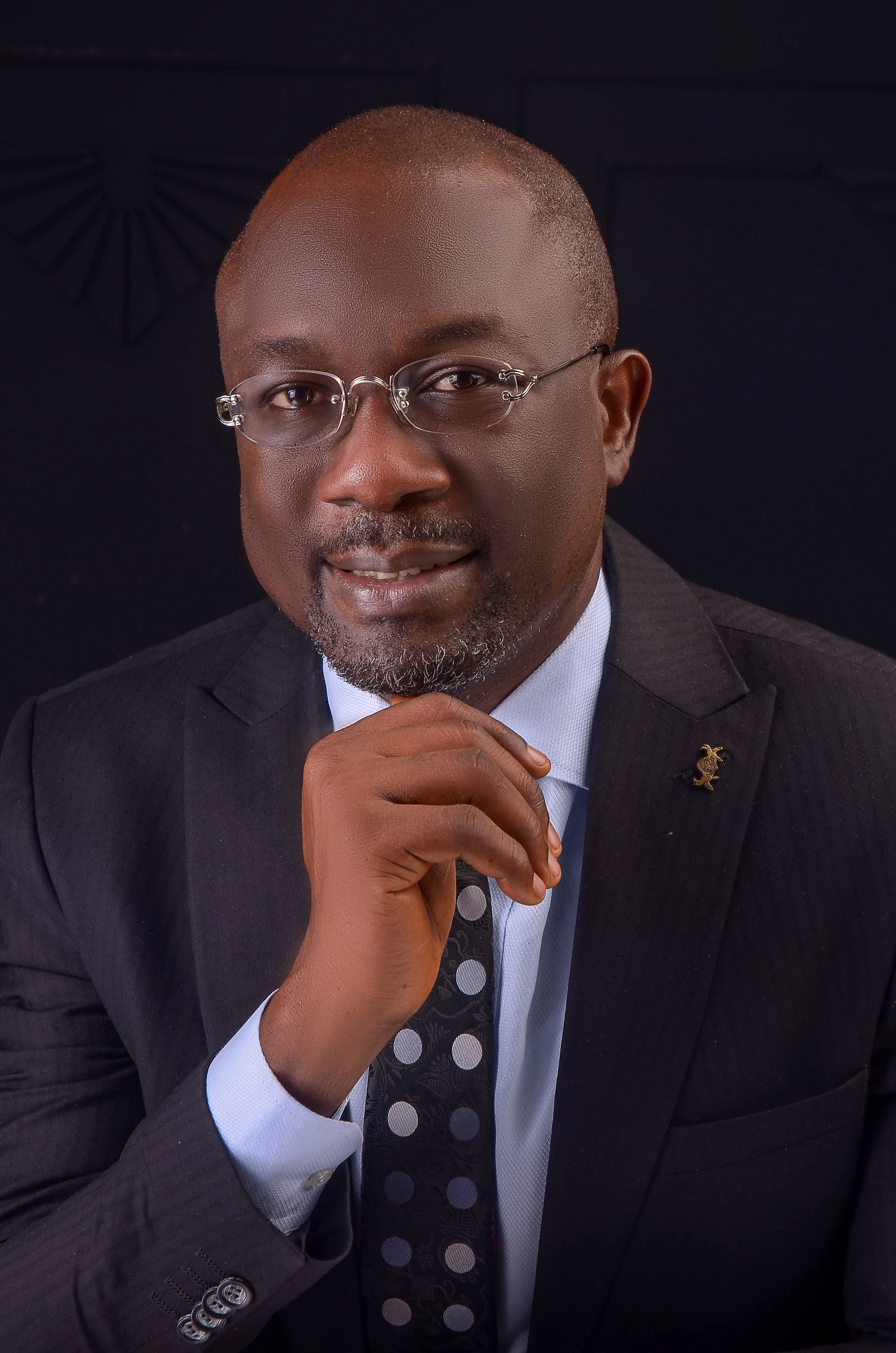 Olugbemi. Adeyinka Ogunleye
3 days ago
Olugbemi. Adeyinka Ogunleye
3 days ago
Overview
Are Christians being persecuted in Nigeria as Trump claims?
US President Donald Trump has issued a fresh threat to target Nigeria if the government "continues to allow the killing of Christians".
In a video released on Truth Social he pledged to "do things to Nigeria that Nigeria is not going to be happy about" and "go into that now-disgraced country guns-a-blazing". But the White House's interest in this subject did not come out of the blue.
For months, campaigners and politicians in Washington have been alleging that Islamist militants were systematically targeting Christians in Nigeria.
But the BBC has found that some of the data being relied on to come to this conclusion are difficult to verify.
In September, popular television host and comedian Bill Maher upped the ante describing what was happening as a "genocide" .
Referring to the Boko Haram group, he said "they have killed over 100,000 since 2009, they've burned 18,000 churches".
Similar figures have also been gaining traction on social media.
The government in Abuja has pushed back on these claims describing them as "a gross misrepresentation of reality".
It did not deny that there was deadly violence in the country. But officials said that "terrorists attack all who reject their murderous ideology - Muslims, Christians and those of no faith alike".
Other groups monitoring political violence in Nigeria say the number of Christians who have been killed is far lower, and say most victims of the jihadist groups are Muslims.
Nigerian security analyst Christian Ani said that while Christians had been attacked as part of a broader strategy of creating terror, it was not possible to justify claims that Christians were deliberately being targeted.
And Nigeria is facing various security crises across the country, not just violence by jihadist groups, and these have different causes so should not be confused.
The country's 220 million people are roughly evenly split between followers of the two religions, with Muslims in the majority in the north, where most attacks take place.
More: https://www.bbc.com/news/articles/cgqlzkdeeqjo



